When dark spots appear on knees or elbows, it can be quite distressful, especially for women, since they pay more attention to the looks of their skin than men. According to one research where many men were asked about their attractiveness to the women, it was concluded that they notice the skin on the women’s elbow and they are very much attracted by those women whose skin on the elbow is healthy and soft.
Dark spots on knees and elbows may appear in men as well, and even though it is not a reason for concern, it is usually accompanied by dry and flaky skin. However, these dark spots on the knees and elbows can be removed by several treatments.
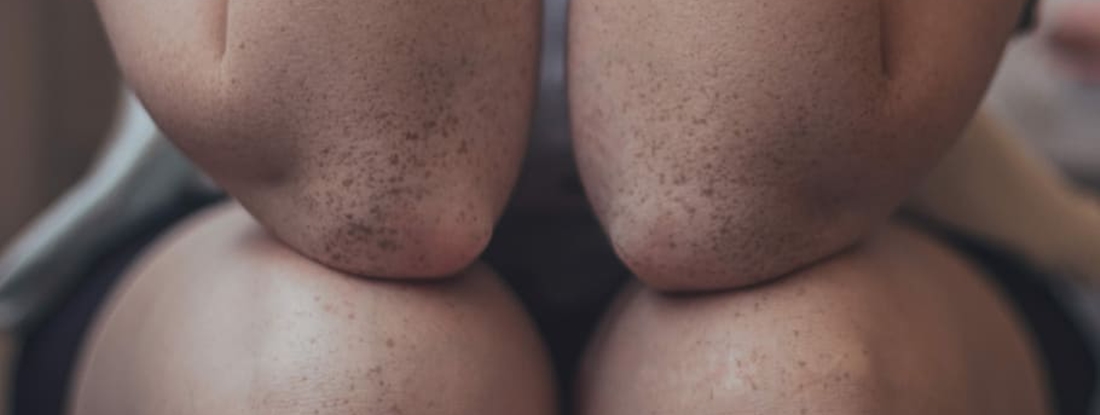
Causes of Dark Spots on Knees and Elbows
This condition is more frequent in adults and the elderly population and only a small part of the young population experiences it, which is why it can be concluded that the occurrence of dark spots on knees and elbows is associated with aging.
When the knees or the elbows are frequently rubbed during daily activities, it can lead to the darkening of the skin on these parts, and dark and dry patches might appear. Dark spots on knees and elbows are a condition that tends to run in the family, so if a parent or a close family member has it, it is also possible that it can be inherited from them due to certain genes which are responsible for that.
Knees and elbows should also be included in everyday skin care. Otherwise, dark spots and dry skin can appear on these parts of the body.
When elbows or knees are exposed to the sun's rays for a long period without any protection, they may become darker more rapidly, unlike the other parts of the body. Some medical conditions are responsible for the occurrence of dark spots on knees and elbows; for example, Addison’s disease.
- Melanin is the primary pigment that determines the color of the skin. Melanin is produced by epidermal melanocytes through enzymatic oxidation of tyrosine, a process known as melanogenesis which takes place within specific organelles, melanosomes.
- While pheomelanin is thought to be photoreactive, eumelanin has been found to dissipate >99.9% of absorbed UV and visible rays and therefore acts as primary photoprotectant. Interestingly, a recent study shows that human epidermis comprises approximately 74% of eumelanin and 26% pheomelanin, regardless of the degree of pigmentation. The same study showed a good correlation between constitutive pigmentation and total melanin content assessed by three different methods.
- Variation in skin tone is one of the prominent distinguishable features of human beings. Skin pigmentation in humans is variable and has evolved predominantly to regulate the penetration of UV levels. A direct correlation has been observed between the geographical distribution of UV radiation and skin pigmentation worldwide. Dark-skinned populations are predominantly seen in geographical areas located closer to the equator as these areas receive high amounts of UVB radiation. Light-skinned populations are observed to be located far from the tropics and closer to the poles, which receive low-intensity UVB radiance. In females, the lighter skin complexion is thought to have evolved to allow UVB-induced synthesis of Vitamin D3 required for pregnancy and lactation.
- The color of the Indian skin shows a wide variability. Hourblin et al. studied a range of skin parameters including color, among 1204 women volunteers across Indian four cities. They reported that the complexion in Indian population ranged from whitish to brown and that skin complexion ranged from fairer in North India to darker in South India.
In women, ovarian cysts and hormonal imbalance in pregnancy may also lead to the occurrence of dark spots on elbows and knees. Furthermore, the consumption of certain medicines leads to this condition.
It is very important to know the cause of the appearance of dark spots on the knees and elbows to treat them successfully. Medical attention is not necessary for this condition, but it is only necessary to detect the cause and eliminate it with certain home remedies.



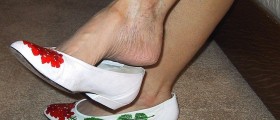

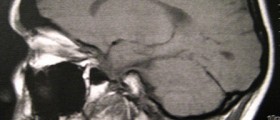






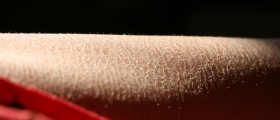

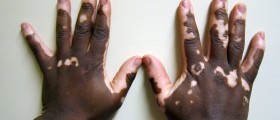
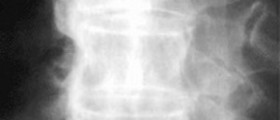
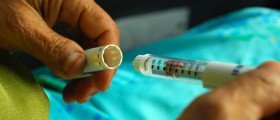
Your thoughts on this
Loading...